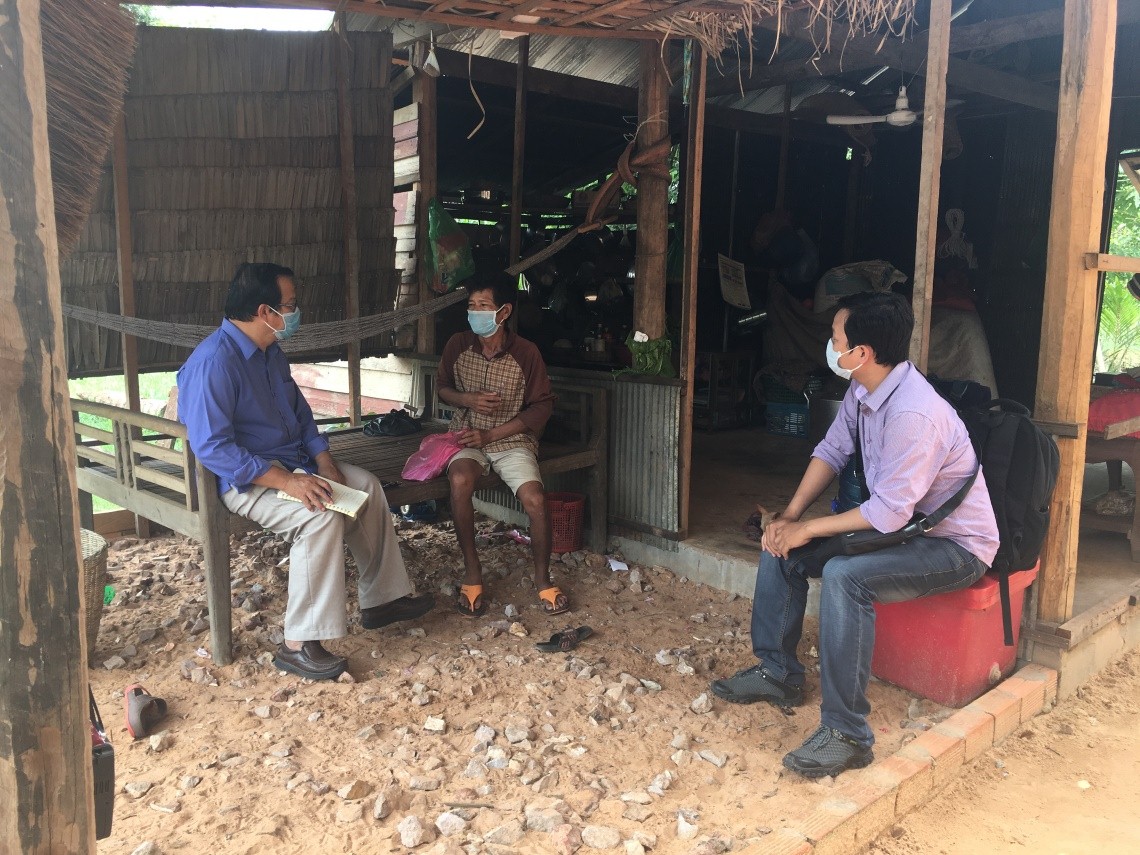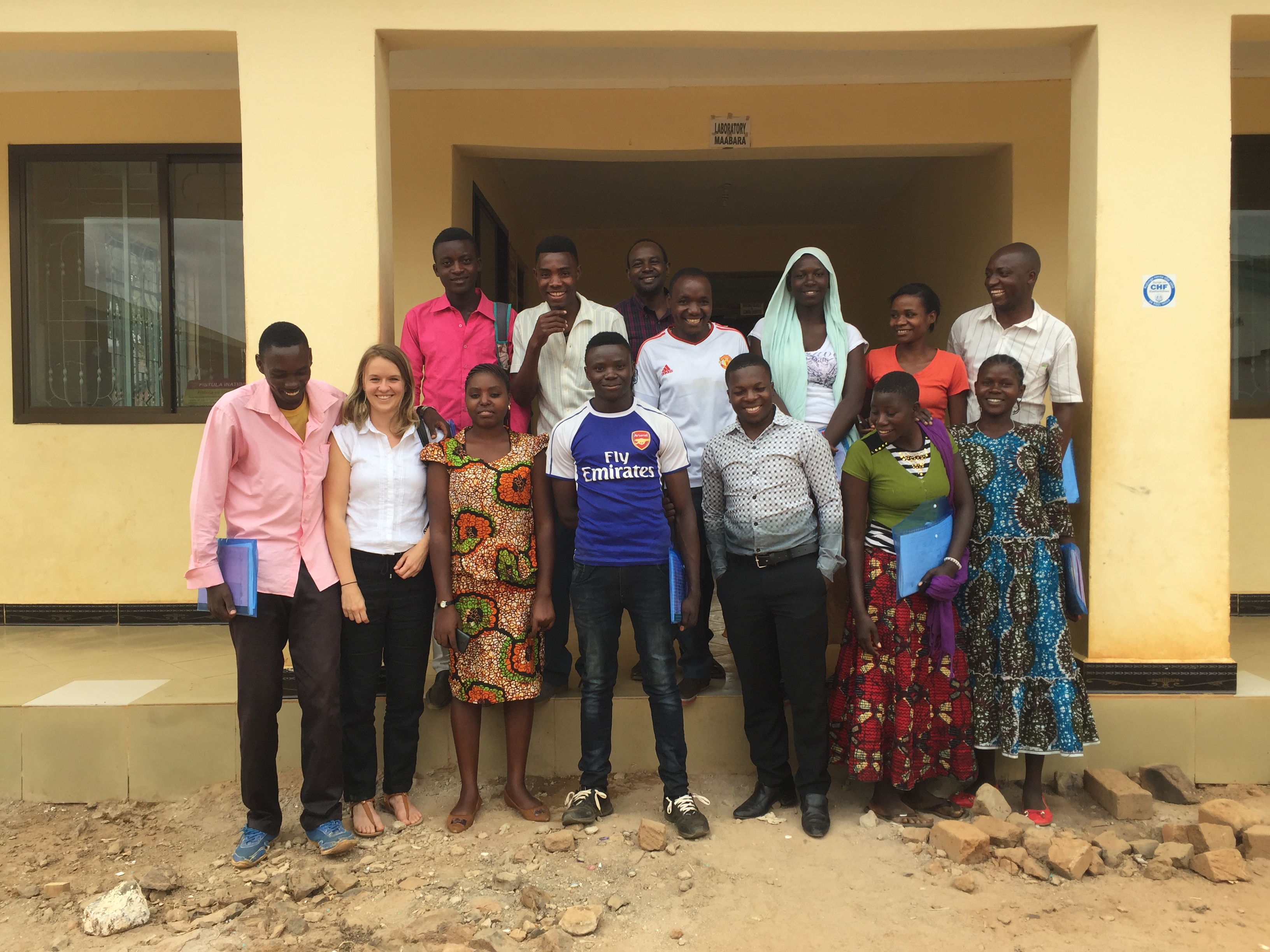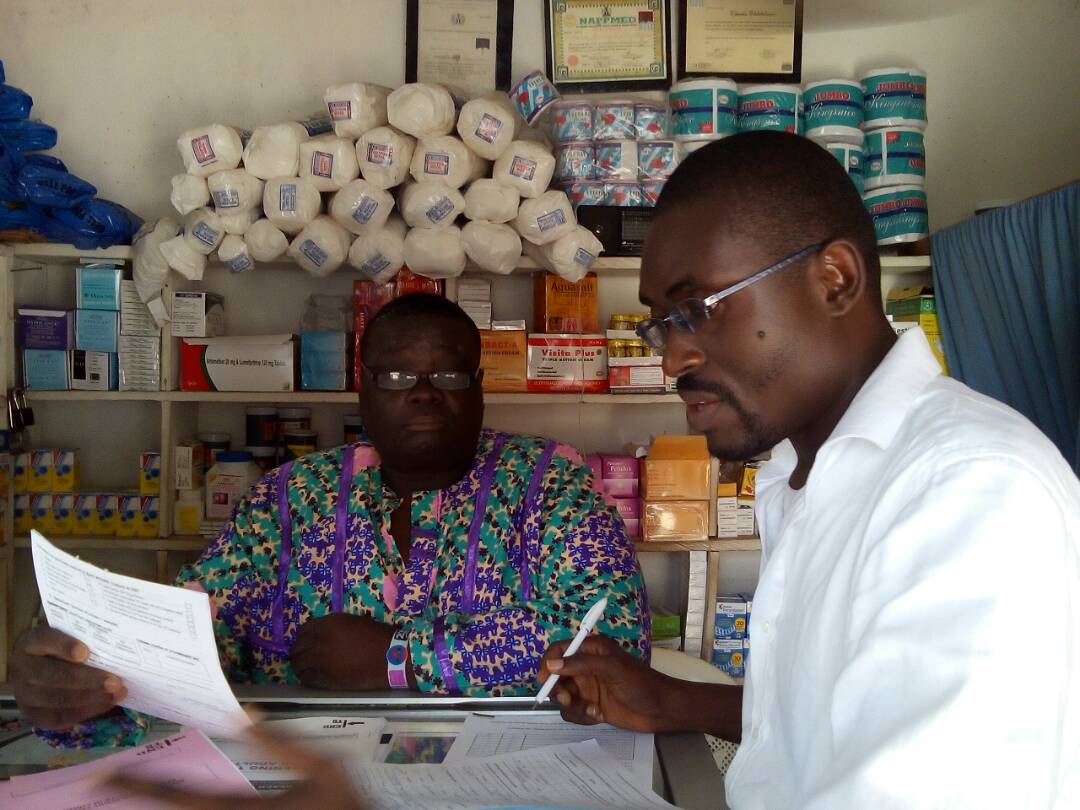Group is providing technical support in research and knowledge translation to grassroots projects


Based on its academic reputation and important contributions to tuberculosis (TB) research and scholarship through the McGill International TB Centre (MITBC), McGill University was a natural candidate to provide technical assistance to grassroots groups around the globe working in areas highly impacted by TB. The result was a grant being awarded in September 2016 to a team led by Dr. Madhukar Pai, Professor and Canada Research Chair in the Department of Epidemiology, Biostatistics and Occupational Health (EBOH), Director of McGill Global Health Programs and Co-Associate Director of the MITBC to provide support to groups receiving funding through the TB REACH initiative.
TB REACH, administered by Stop TB Partnership, to which the Canadian government contributes substantially, provides funding for initiatives to test innovative approaches and technologies aimed at increasing the number of people diagnosed and treated for TB and decreasing the time it takes for appropriate treatment to ultimately improve treatment success rates. The program focuses on reaching people with limited or no access to TB services.
While the first cycle of TB REACH funding saw many successes in terms of project outcomes there was minimal dissemination of results. Few grantees shared their findings through formal publications and most outputs were driven by Stop TB Partnership and their consultants. As a result, knowledge management and translation were seen as vital components for the second round of funding.


Supporting initiatives across the globe
The McGill involvement kicked-off in May with a series of capacity-building workshops hosted in Bangkok. Grantees were offered to have fees waived to attend the McGill Summer Institute in Infectious Diseases and Global Health and the MITBC group has been sharing news and resources with the grantees on a quarterly basis.
The MITBC team is supporting 20 of the 38 current TB REACH-funded initiatives, though they have been working more hands-on with six of the groups according to Danielle Cazabon, a Project Manager at the MITBC who has been helping to lead this initiative. “We are providing support in a number of different ways, including assistance for operational research (OR), technical assistance for both the primary project and OR components and knowledge dissemination support,” explains Danielle. “A number of the grantees are conducting operational research in addition to their primary project and we are helping them in developing, designing and operationalizing their research questions.”
The McGill group is providing assistance with data management, health economics and qualitative research, is reviewing drafted manuscripts and helping to develop dissemination outputs, such as policy briefs. For the grantees, including an operational research component adds value to their results. “For too long the Nigerian TB programme has been content with increasing case finding,” says Dr. Joseph N. Chukwu, Medical Coordinator for an initiative being led by The German Leprosy and TB Relief Association in the Niger Delta. However, to be effective, a communicable disease control programme must also be interested in drastically reducing diagnostic and treatment delay. Operational research has a huge role to unearth the magnitude of the problem and unearth ways that the problem can be solved within the prevailing local context.” Danielle notes that having an operational research component to these initiatives can also help to inform future policy and programmes.“These questions can be very pertinent to health care systems that are likely divvying up money and resources to many programs. Dissemination plays a key role in the sustainability of a successful intervention and in allowing other implementers around the world to learn from these interventions, whether they are successful or not. Most importantly, the operational research and dissemination of results can help build a case for scaling up the successful interventions so that more people suffering from TB can be identified and cured.”
November 28, 2017
